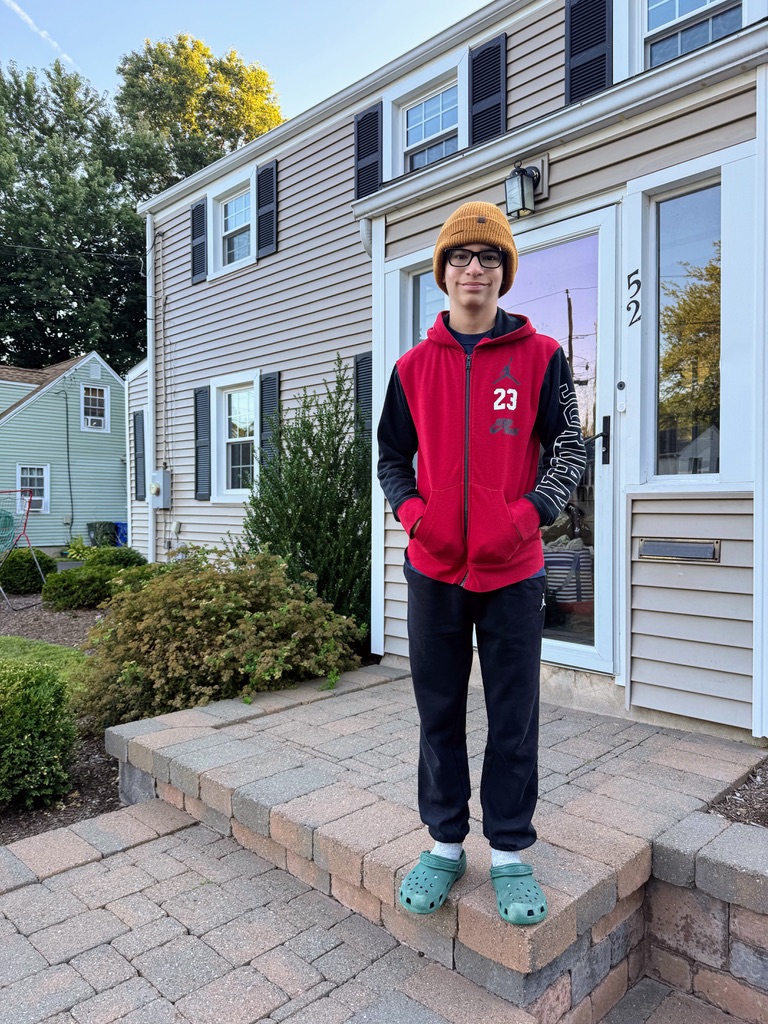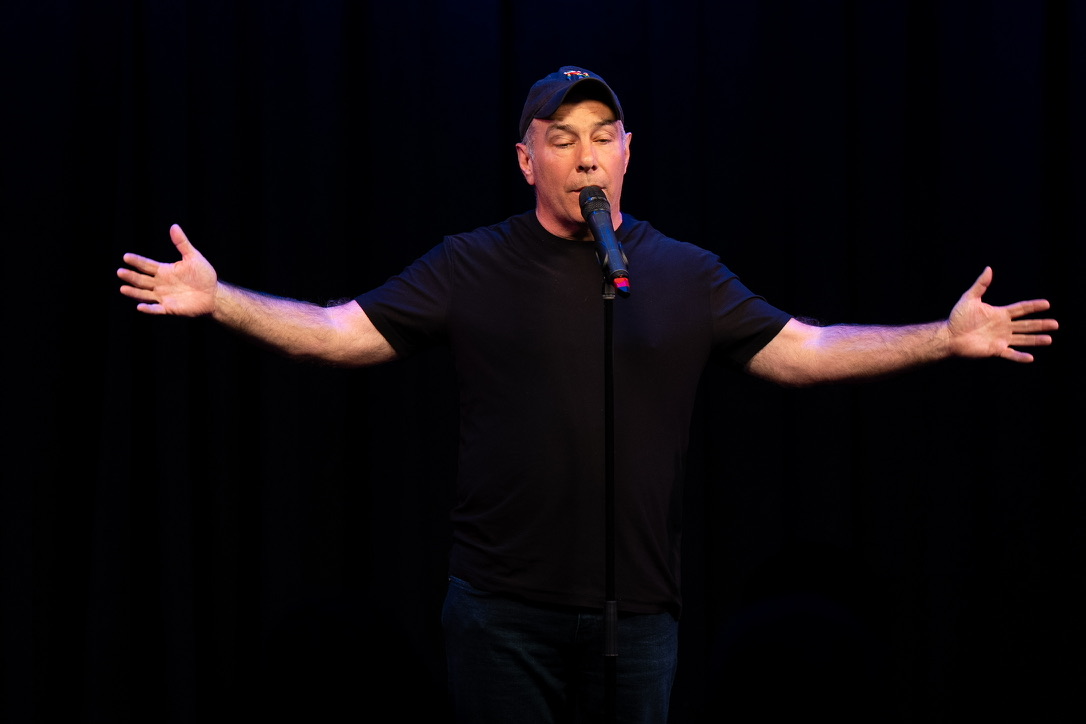It turns out that I tend to be exceptionally calm and collected when under pressure. I’m not sure why this is the case. Perhaps my previous experience with pressure packed, life or death situations has inoculated me from panic.
While this ability to maintain my composure under pressure can serve as a great asset, it also frequently frustrates and even angers friends and colleagues when my response to a inflammatory or high stakes situation is less than urgent.
Sometimes I know that I can seem aloof, dispassionate, unconcerned, or even uncaring. While that’s not usually the case, I understand that I can appear this way.
But this composure has also assisted me tremendously on many occasions. Two in particular.
Back in 2007, a bit of something got caught in my throat while eating a bowl of soup in a restaurant. Struggling to breathe, the paramedics were called. I was rushed to The University of Connecticut Medical Center, where doctors attempted to extract the object from my throat with forceps and a trans-nasal endoscope that was passed through my nose and into my throat.
After hours of repeated attempts without success, doctors decided that surgery was required. My chest would need to be cracked in order to open and remove the object from my trachea before it found its way into my lungs.
About ten feet before we reached the doors to the surgical ward, I demanded that the gurney be stopped. “Wait,” I said. “This is crazy. Before you crack my chest, is there anything we haven’t tried. Think outside the box.”
After a moment, one of the doctors said, “Well, we’ve never tried to use the endoscope that we sent through your nose directly down the throat.”
“Could it work?” I asked.
Fifteen minutes later, I was surrounded by half a dozen excited doctors, including one who was operating a video camera, ready to film the procedure. It would be the first time that a trans-nasal endoscope would be used down a patient’s throat, and if successful, this would be a big moment for everyone involved. Two doctors held me down in order to counteract my gag reflex and two more went to work, forcing the endoscope down my throat.
A couple minutes later, a large bay leaf emerged from my throat at the end of the endoscope.

The doctors were excited. They had found a new use for a old tool.
I was excited. My chest was intact, all because I forced everyone in their haste to stop and think.
When the stakes are high, slow things down. Stop the action. Give everyone – including yourself – time to think.
The other time this ability to stop and think while under intense pressure probably saved my chances at a teaching career and kept me out of jail.
That is a story I told onstage earlier this year:


